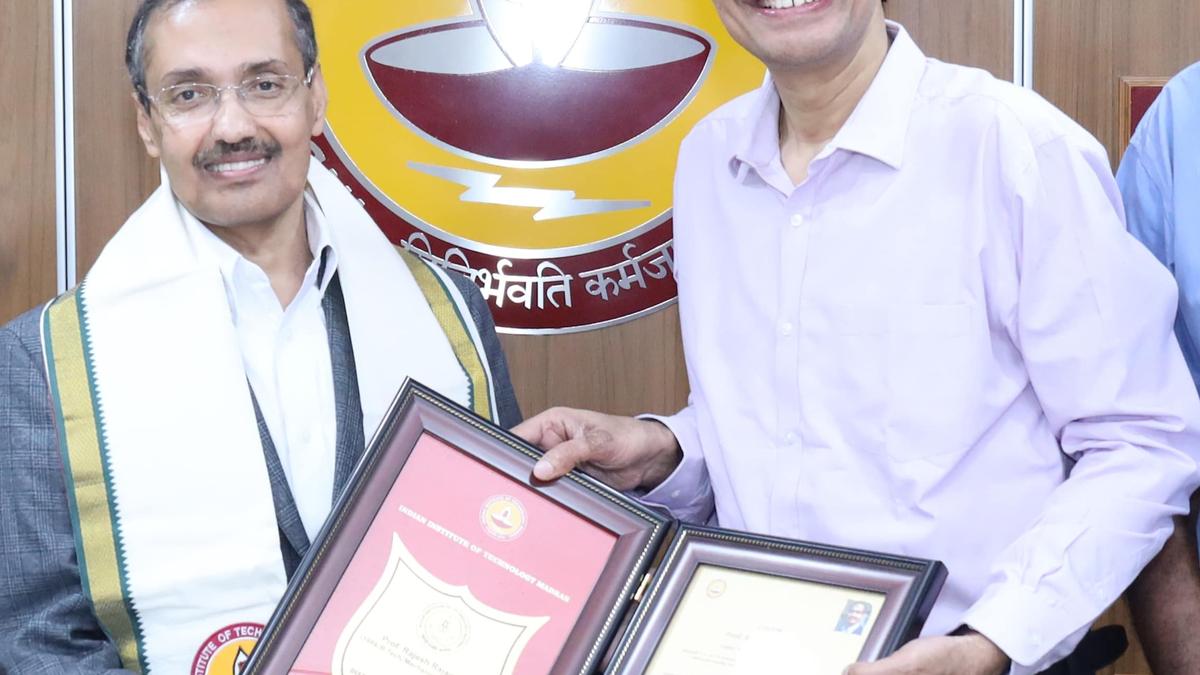
Minnesota varsity professor reaches out to IIT Madras faculty and students for research
The Hindu
University of Minnesota professor offers graduate students of IIT Madras research opportunities at University of Minnesota in autonomous vehicles and medical wearables.
Graduate students at the Indian Institute of Technology Madras can look forward to spending a few months at the University of Minnesota.
They are getting the opportunity, thanks to Rajesh Rajamani, an alumnus of the institute who is currently a professor at the university. He graduated in mechanical engineering from IIT Madras in 1989 and completed his masters’ in 1991 and Ph.D in 1993 at the University of California, Berkely.
After a few years at the United Technologies Research Center he joined the University of Minnesota as an assistant professor. His research interests include intelligent transportation systems, autonomous vehicles, sensors and control system design. He is the principal investigator at the Centre for Connected and Automated Transportation at the University, currently involved in developing an autonomous vehicle for U.S. Midwest states and rural areas.
Major companies such as Google, Tesla, Uber and General Motors are involved in developing autonomous vehicles for warm weather states.
Mr. Rajesh was recently honoured with the Distinguished Alumnus Award by institute director V. Kamakoti. Besides autonomous vehicles, his research includes design of estimation algorithms, sensors and controllers for smart and autonomous systems, with applications ranging from vehicles to medical wearables. “My disciplinary expertise is in sensing, estimation and control systems,” he says.
On his association with his alma mater, Mr. Rajesh says he wants to collaborate with the institute’s faculty on research projects. As part of the collaboration IIT Madras graduate students would visit the University of Minnesota where they would be supported for their doctoral research work during the summer months.
Apart from being exposed to research in a new environment the students would benefit from interacting with new faculty members and “access cutting-edge research infrastructure such as autonomous vehicles and other novel laboratory equipment,” Mr. Rajesh explains.











